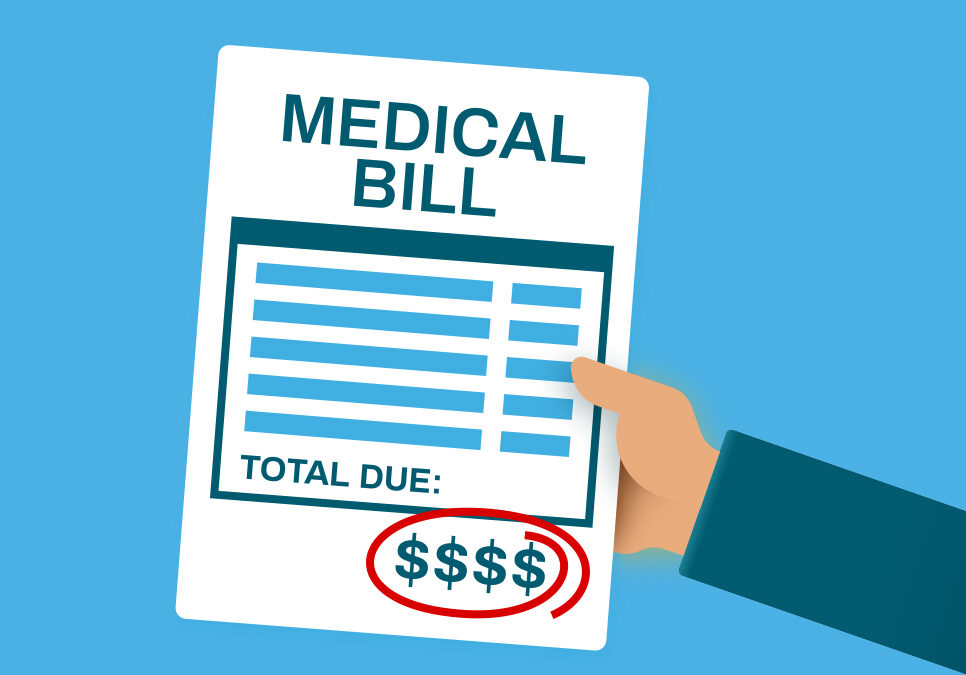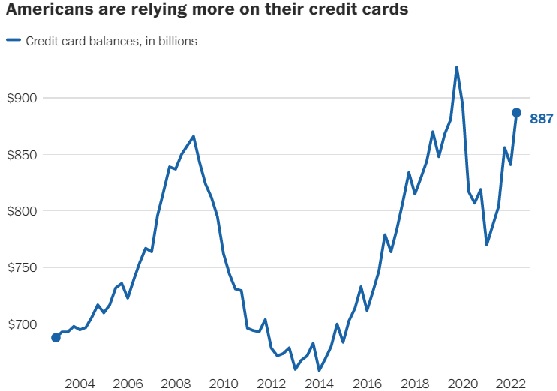A recent post explained the public outcry as it was learned that a big medical operation in the Twin Cities was denying care to people, even kids, who had unpaid medical debt. The Attorney General got involved to investigate whether this violated certain agreements...





